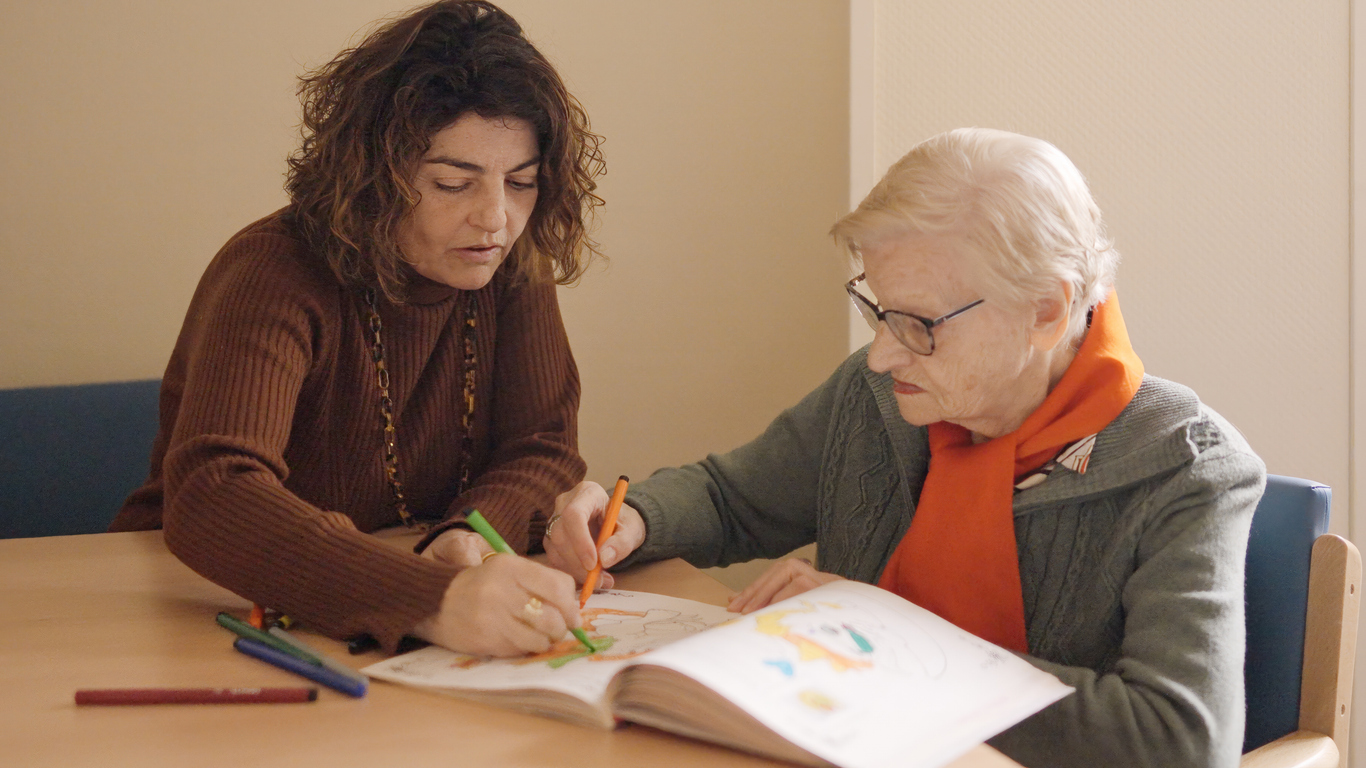The public’s attention to nursing home staffing generally focuses on nurse staff, which makes sense because those are the individuals who are providing direct care to residents. However, non-care staff play an essential role in the quality and safety of a nursing home and the services provided to residents.
Unfortunately, too often, nursing homes lack sufficient numbers of non-nursing staff with the necessary competencies to ensure residents’ basic safety and access to essential care and services. The resources on this page aim to provide useful information for the public and policymakers about the crucial roles of key non-nursing staff and offer recommendations on identifying and addressing when there are inadequacies in fulfilling these roles.
The brief, All Staff Matter: The Vital Roles of Non-Nursing Staff in Nursing Home Quality and Safety, provides information and insights on the important responsibilities and duties of key non-nursing staff. The fact sheets provide user-friendly information on the relevant federal requirements for each position and recommendations for resident-centered advocacy. We recommend using them in conjunction with the staffing data posted on our website to evaluate the extent to which your nursing home, or those in your community or state, have sufficient non-nursing staff to meet the needs of their residents.

